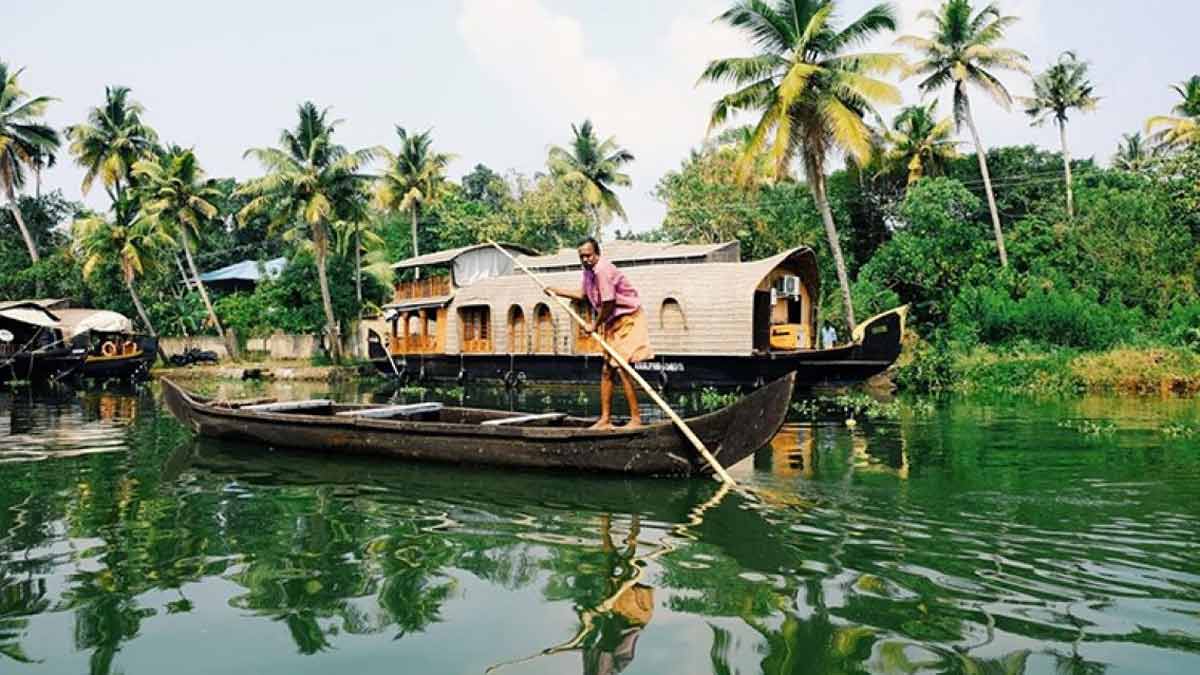One of India’s biggest tourism hubs has been flagged by Fodors, the globally respected travel and tourism platform.
Its boom has obviously become its bane, as Kerala entered Fodors ‘No List’ for the coming year.
Fodors annually releases the global list of tourism spots that are deteriorating and should be avoided by tourists in the coming year. The 2025 list released recently also cites Mount Everest, as well as repeat offenders like Bali, Indonesia.
Kerala enters the Fodors No List 2025 under the ‘destinations beginning to suffer’ category for its "unregulated and unsustainable development and the harm its tourism boom has done to communities and ecosystems of 'God’s Own Country’".
Kerala attracted 2.18 crore domestic tourists and about 6.5 lakh foreign tourists last year, with tourism contributing 10 per cent of the state’s GDP.
However, Fodors points out the Kerala government’s ostensible lack of oversight of this tourism boom has led to deadly consequences, like the massive landslide in Idukki earlier this year that claimed more than 400 lives. It also highlighted how 60 per cent of all landslides in India between 2015 and 2022 have occurred in Kerala.
It is not just the unregulated expansion of tourism under the guise of eco-tourism that led to catastrophe in Idukki, which is the issue with Kerala. Fodors pointed out with data and statistics how Vembanad Lake, the backbone of Kerala’s backwater tourism has been shrinking due to floods, illegal construction and increased and unchecked tourism. The proliferation of houseboats, which mostly dump their waste directly into the backwater exacerbate pollution, despite the fact that there are government laws against it that are not adequately implemented.
Add to it, leakage from improperly maintained boat engines leading to rapid decline in fish life in the Vembanad, and Fodors says the very sustainability of backwater tourism in Kerala is under question. A Kerala University study had said that such an eventuality could adversely affect the livelihood of more than 80 lakh people living around this wetland.
Unlike tourist traps like Bali or Mount Everest (a highlight of the latest ‘No List’) or even Japan’s Kyoto, Kerala is only in the ‘beginning to suffer’ category, and Fodors itself noted how Kerala authorities are now in proactive mode. Initiatives launched by the state which has dominated India’s tourist landscape since the early 1990s include ‘Malinya Muktham Nava Keralam (Garbage-free New Kerala) campaign, which aims to promote eco-friendly practices in 25 top tourist spots, with the broader goal of creating a cleaner, healthier state by the end of this financial year. This will be done in collaboration with tourism and forest departments.
Fodors is a nearly century-old travel and tourism platform, with its globally popular guide books. Its annual ‘No List’ for travellers is published in advance before travellers, influencers and the tourism industry start making their plans for the coming year.



